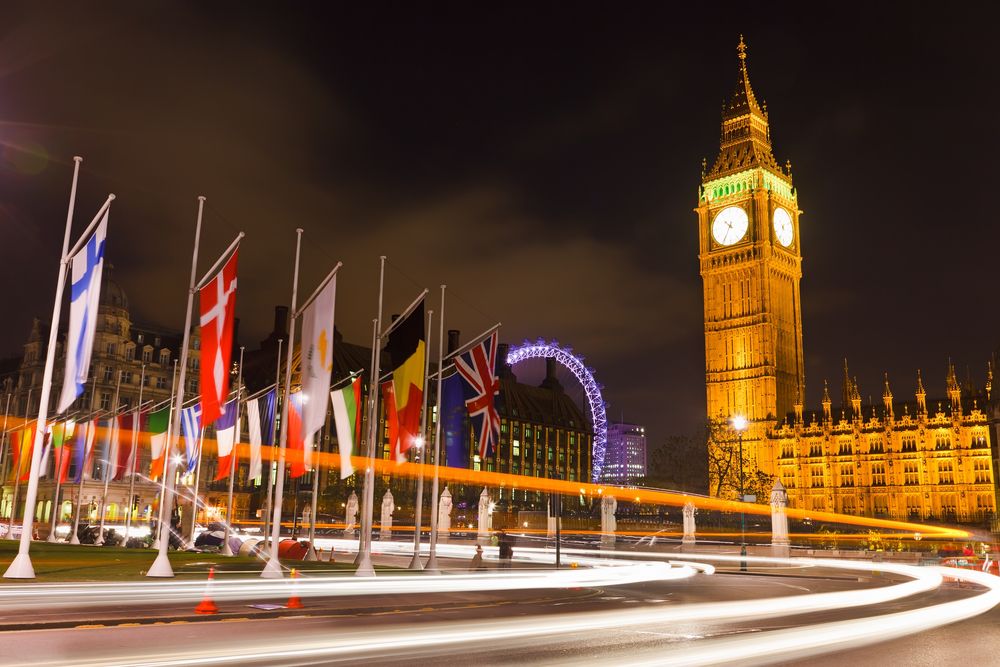Estate agents in Wimbledon, Robert Holmes has said; it’s been an unusual week for the housing market, particularly in London. For months it has faced uncertain times due to the not-small factor of the general election. Uncertainty meant the market had slowed, particularly for those properties approaching the £2 million mark and upwards. However, after Thursday night’s shock result that left many of the pollsters baffled as to how they got it so wrong, things have been moving again and quickly. As early as 11pm on election night, high end properties were changing hands at an astounding rate, once the likelihood increased that the Conservatives were going to win a majority in parliament. For such a shift to happen so quickly, it’s clear that many felt that the housing market really did have something to fear from a Labour victory, with the threat of a proposed mansion tax stagnating the market, causing investors to turn away from places like London rather than be hit with the levy which would have seen many unfairly targeted with the tax.
Just as with Margaret Thatcher’s poll tax, the mansion tax was poorly thought out. This is because it would have been costly to implement and was seen by many pensioners as another death tax since many of those affected in London and the southeast would have only been able to pay upon death. Labour thought that targeting properties worth over £2 million was a sure vote winner and it seemed to poll well with the electorate, but for those who just happened to live south of Essex it was a real turn off. When is a mansion not a mansion? When it is in the London borough of Hampstead of course! And it’s this policy in particular that turned many away from Labour, even those who could only hope to own a house worth this much felt that it unfairly targeted the south east and pandered to Labour voters in the north. As well as this it could affect those further down the rung due to a likely knock-on effect. For many the policy reeked of the politics of envy, no matter how good the intentions might have been.
A Conservative victory has therefore brought initial stability to the market; we now know that there will be no rent controls and of course no mansion tax. The party has also promised to build an extra 200,000 new affordable homes every year until 2020 with an extra 100,000 new homes on brown field land that will be sold at a 20% discount to the under-40s. The discount is possible as councils will sell of the land to developers at a reduced rate which will help to encourage building. However, there are conditions attached. You must stay in the house for a minimum of five years or you will have to pay back the 20% advantage upon selling. As well as this, there’s the help-to-buy scheme which has been extended to the next election, allowing those with a 5% deposit (backed up by a 20% loan from the government) to get on the housing ladder. And Margaret Thatcher’s right-to-buy scheme has been re-introduced amid much criticism, in a bid to extend homeownership to the less affluent.
All this seems very positive, but we have heard most of this before. The government always pledges to build 200,000 homes every year but in the last five years they have consistently failed to reach this target, particularly falling short in London where migration from the rest of the UK and Europe is strongest. This, in turn, has caused rocketing rents and house prices. It would seem there is no getting away from it; the UK as whole must start building and quickly, both on brownfield sites and the greenbelt. We must back this up with schools, doctors, car parking places and local shops and amenities like good public transport. If the Conservative Party can do this, perhaps there could be another successful victory with an even bigger majority in 2020.


